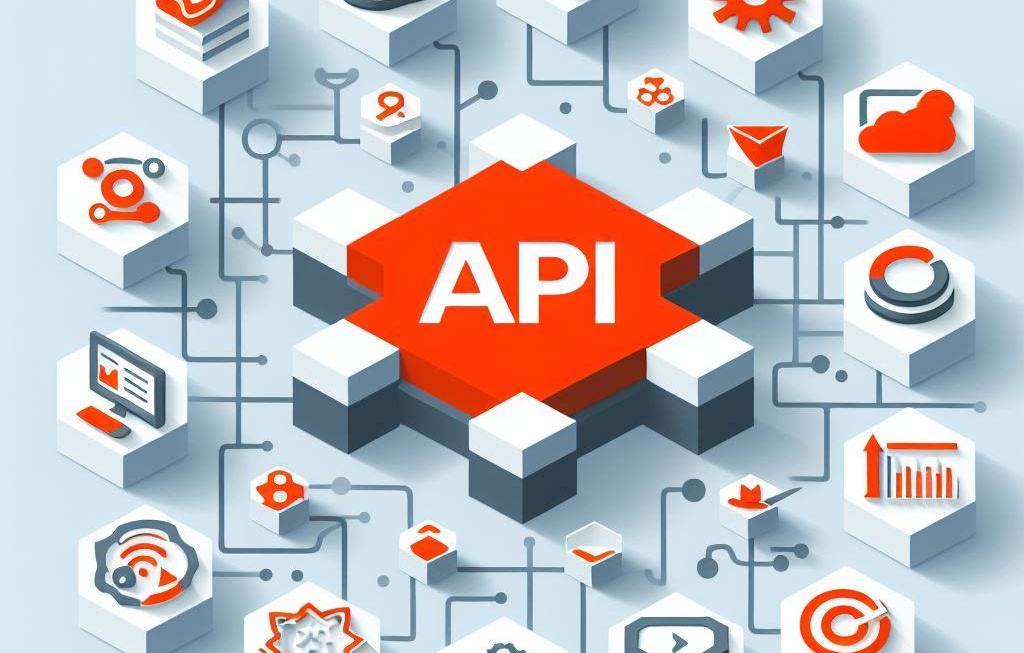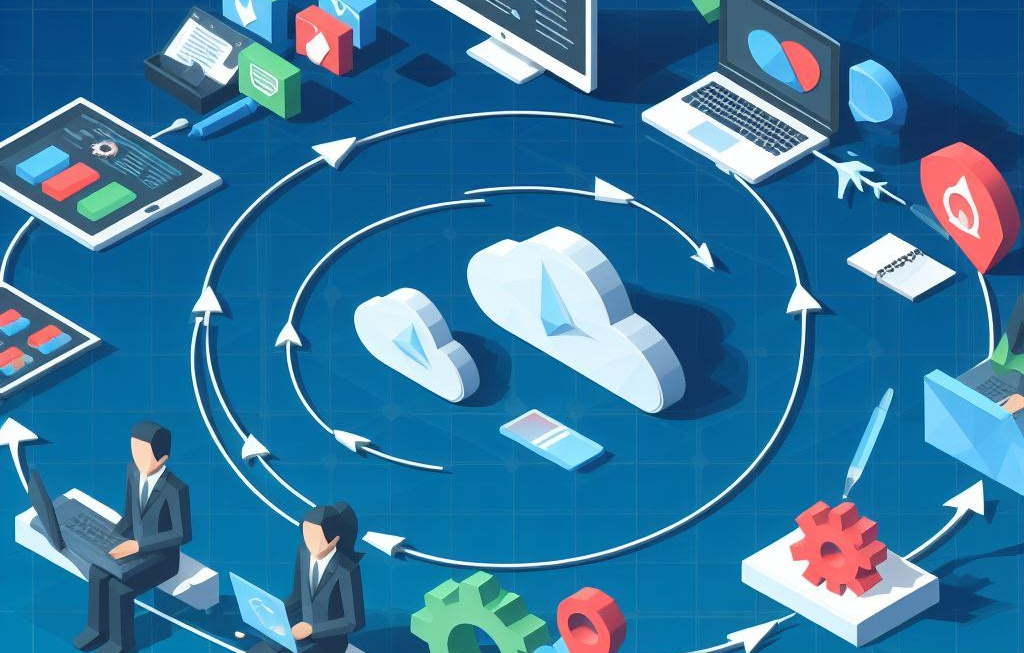Project management is, essentially, the coordination of processes, tools, team members, and skills to deliver projects that meet goals and satisfy requirements. Project management is the application of knowledge, skills, tools, and techniques to project activities to meet the requirements. It’s a strategic competency for organizations, enabling them to tie project results to business goals and thus, better compete in their markets.
This processes fall into five groups:
- Initiating,
- Planning,
- Executing,
- Monitoring and Controlling, and
- Closing.
It is the practice of leading a team to achieve specific goals within defined constraints. These goals are typically related to completing a particular task, event, or duty.
Let’s dive into the details:
- What is a Project?
- A project is a temporary and time-bound sequence of tasks aimed at achieving a specific goal. It brings together the talents of multiple team members to deliver a tangible result or outcome within a predetermined span of time.
- Projects often involve the work of individuals across various areas of expertise, necessitating an upfront investment in time and resources.
- A project is a temporary endeavor undertaken to create a unique product, service, or result. The temporary nature of projects indicates that a project has a beginning and an end.
- What is a Project Manager?
- A project manager takes ownership over the entire project lifecycle, from start to finish. Their responsibilities include:
- Establishing and managing the project timeline.
- Assigning tasks and delegating responsibilities to team members.
- Communicating with key stakeholders.
- Executing each phase of the project.
- Monitoring the project budget and scope.
- Troubleshooting and mitigating potential roadblocks.
- Facilitating team discussions and progress monitoring.
- Concluding the project lifecycle with relevant end-of-project responsibilities.
- A project manager takes ownership over the entire project lifecycle, from start to finish. Their responsibilities include:
- Essential Skills of a Project Manager:
- Soft Skills:
- Leadership
- Communication
- Teamwork
- Organization
- Time Management
- Adaptability
- Decision Making
- Hard Skills:
- Familiarity with project management tools (such as software and Gantt charts).
- Soft Skills:
Remember, project management differs from general management because it directly relates to achieving specific and measurable goals within a limited timeline, rather than ongoing management. 🚀 For more real-life examples and insights into it, you can explore resources like the Project Management Institute (PMI) and learn about the phases of the project lifecycle.
Common tools used in project management include:
- Trello: Best for Small Businesses.
- Smartsheet: Best for Resource Management.
- Microsoft Project: Best for Enterprise Projects.
- Monday.com: Best Overall.
- Nifty: Best Budget option.
- ClickUp: Best for Project Portfolio Management.
- Jira Software: Best for Agile Project Management.
Like us on Facebook and Linkedin for more updates.
Related blog – Software Development Life Cycle



